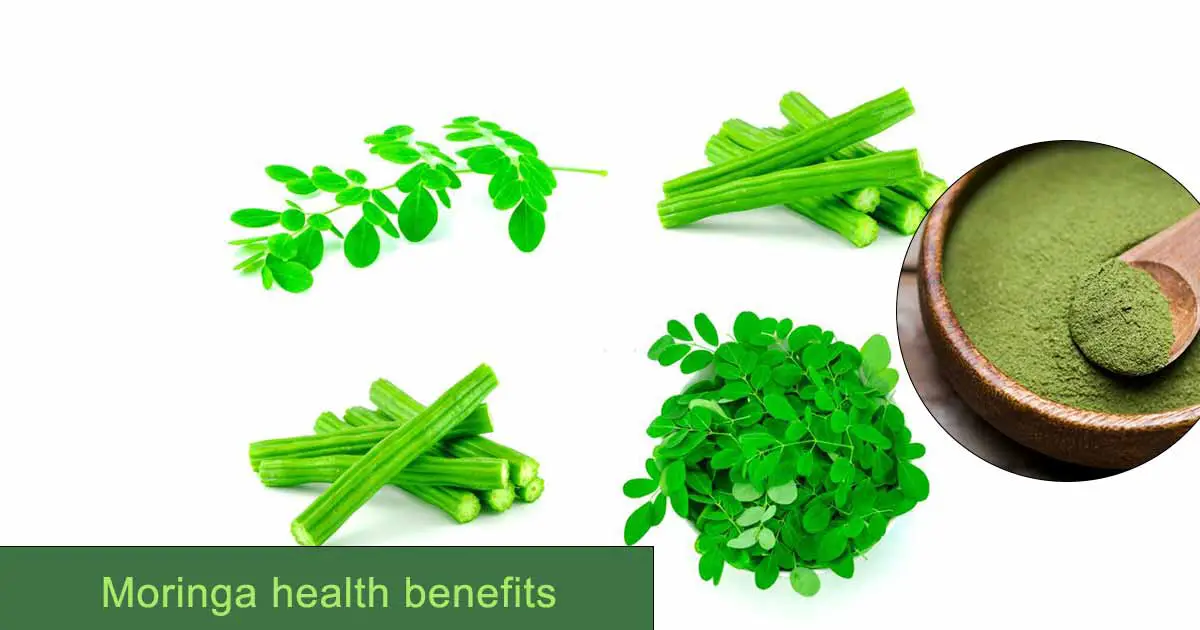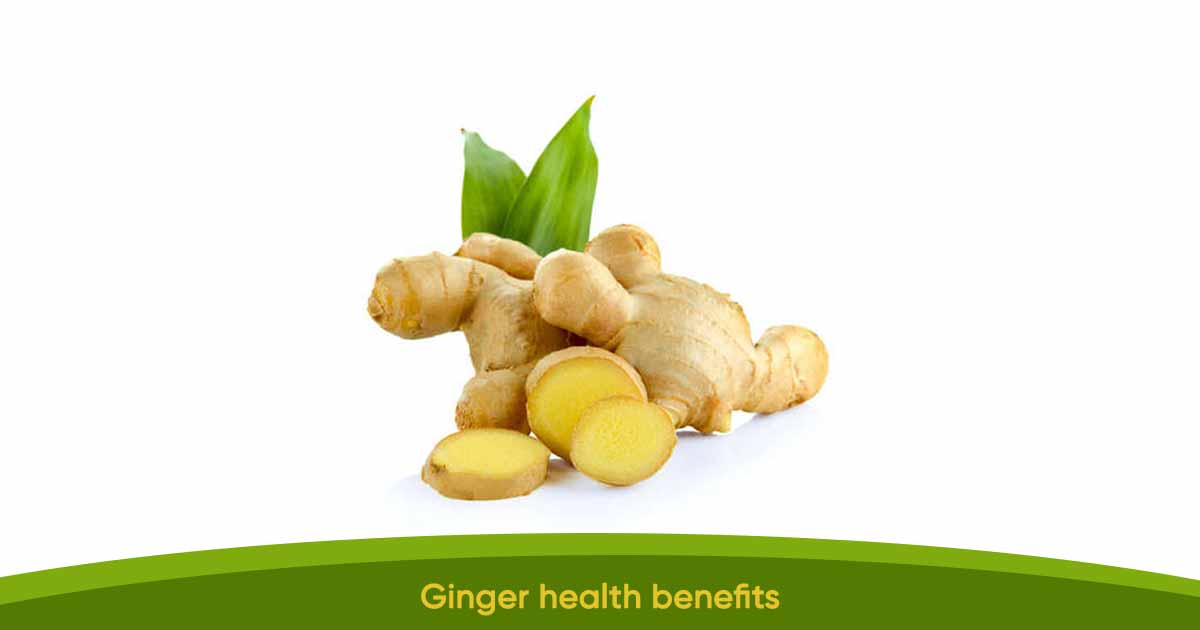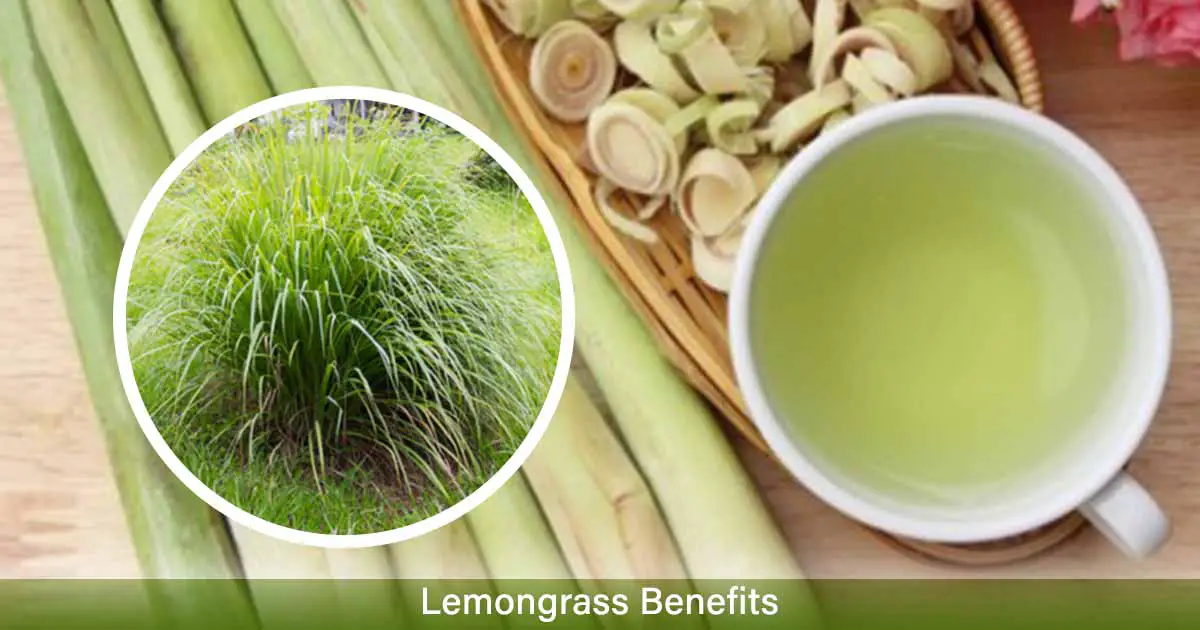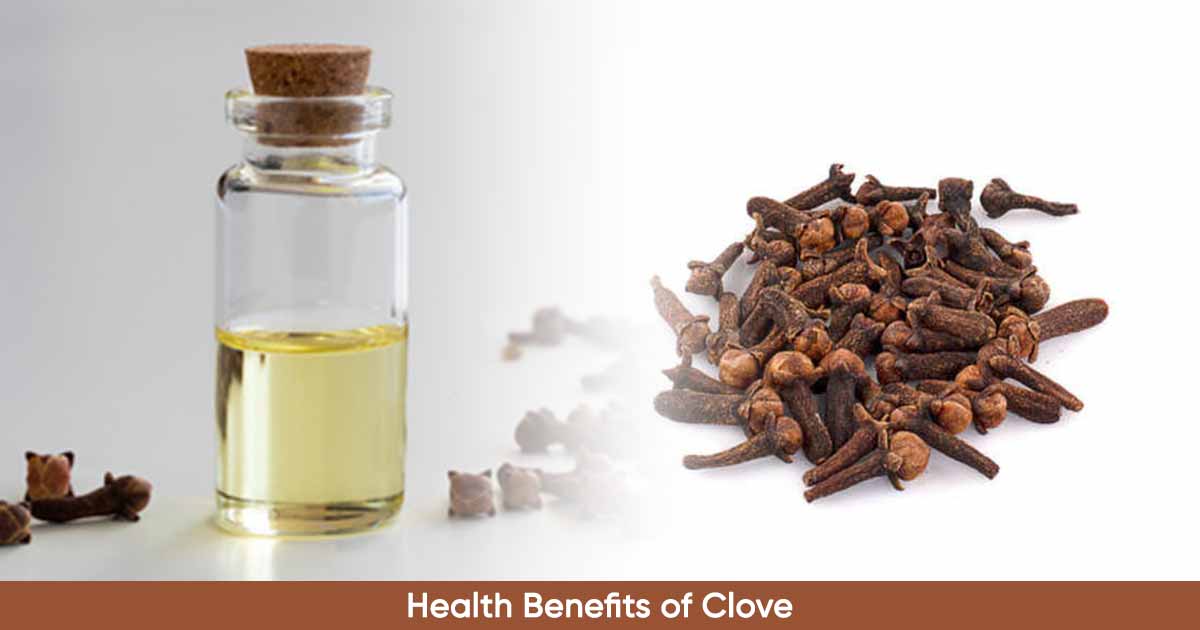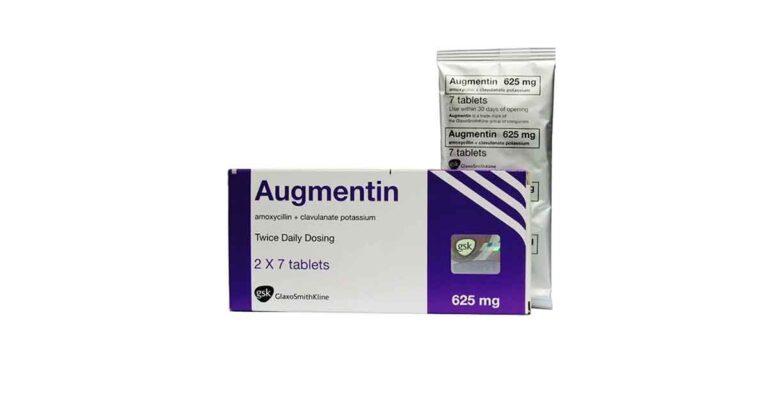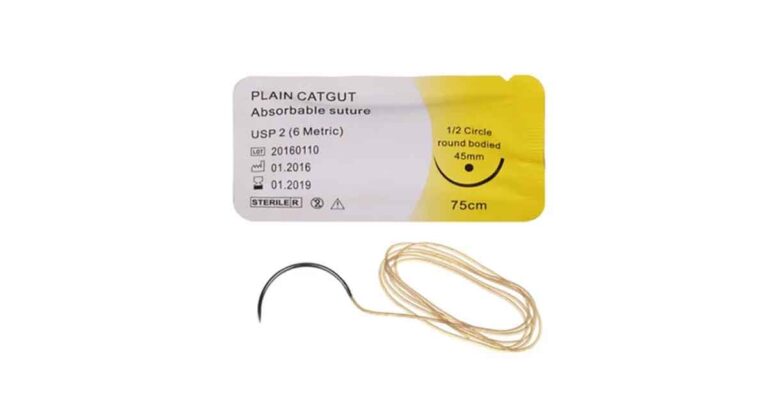Moringa Oleifera, also called ‘drumstick tree’, or ‘horseradish tree’ is one of the most wonderful tree. The plant, which has its origin in Northern India, contains sufficient nutrients and phytochemical that are of health benefits. Apart from India, other countries such as Mexico, Madagascar, Bolivia, Argentina and South West Asia grow the plant. There are 13 species of the plant.
The tree grows in tropical and subtropical climate, and belongs to the Moringaceae family. It can survive in arid, and semi-arid soil condition. The entire plant is edible, including the flower, seeds, pod shell, seed oil, roots and bark. But because of some chemicals in the roots and bark, the leaf is the safest to eat.
The different parts of the plant have uses in treating conditions such as skin infections, swelling, anemia, asthma, gout, diarrhea, bronchitis, wound, diabetes, digestive issues, measles, headache.
The raw seed flour has a good content of phytochemical while the fermented seed flour has more protein content. Boiling the plant reduces the antinutrient such as cyanide, oxalate and phytate, and boosts the antioxidant and iron composition.
They can preserve the plant for long without loss of nutrient. Drying and freezing are the main methods used to preserve it.
Other names of the plant are Zogale (Hausa), Marango (Nicaragua), kelor (Indonesia),Arzan Tiiga (Burkina Faso), Munagachettu (Telugu), Shevga (Marathi), Murungai Maram (Tamil).
Composition of Moringa Oleifera
The composition of this plant varies depending on the climate, soil condition and treatment during growth and post-harvesting conditions, such as storage. Every part of the plant has nutritional content.
The leaf is a rich source of minerals and vitamins. It has 7 times more vitamin C than oranges, 10 times more vitamin A than carrot, 17 times more calcium than milk, 9 times more protein than yogurt, 15 times more potassium than banana, and 15 times more iron than spinach.
The leaves contain vitamin A (beta-carotene), B (thiamine, riboflavin, folic acid, pyridoxine and nicotinic acid), C, D, E. Minerals such as calcium, zinc, magnesium, sulphur, potassium, manganese, copper, iron. Abundant phytochemical such as flavonoids, sterols, alkaloids, terpenoids, tannins, saponins, anthraquinones, reducing sugar are present.
Constituents such as glucosinolates, isothiocyanates, glycoside compounds and glycerol-1-9-octadecanoate are present. They have anti-cancer effect.
Moringa seed oil contains polyunsaturated fatty acids (PUFAs) such as linoleic acid, linolenic acid and oleic acid. The PUFAs are good for cholesterol control. Other fatty acids present are
The high protein value is from the amino acid, which makes up 30% of the total weight. The amino acid content is in leaves unlike in most other plants where they are in the seeds.
Moringa has phytosterols such as sitosterol, kampesterol, stigmasterol which are precursors of hormones. Galactagogue are made of phytosterols. They help to increase estrogen and milk production in breastfeeding mothers.
High β-carotene content means moringa oleifera has more vitamin A than pumpkin, and carrots, though drying, can reduce the content.
Although there are 13 species of moringa, moringa oleifera is the most studied type. It has many health and nutritive benefits. They have used it for a long time in India for traditional medicine, such as Ayurvedic and Unani system.
Dosage: A daily intake of 70 g of moringa is recommended, as higher doses can cause accumulation of nutrients such as iron. This can cause gastrointestinal distress. Moringa tea is a formulation of moringa plant for treating several conditions.
Toxicity: Though moringa plant is considered a safe plant, some product of the plant are not entirely safe. Roasted Moringa oleifera seeds may contain mutagens such as 4-(α-lramnopyranosyloxy)-
benzylglucosinolate that can damage the DNA.
The leaves have a high saponin content. Saponins can reduce the bioavailability of minerals such as zinc and magnesium. The root and bark contain toxic substances – spirochin, phytochemical benzothiocyanate, moringin alkaloids.
Health Benefits of Moringa Oleifera
There are several health benefits of moringa oleifera. This is because of the presence of many phytochemical in the plant.
Antidiabetic effect: various studies suggest moringa plant has antidiabetic property (both type 1 and type 2). It also reduces the complications from diabetes such as retinopathy, nephropathy and neuropathy.
Flavonoids, such as quercitin and phenolics, are antioxidants that scavenge on reactive oxygen species (ROS) released from mitochondria. This has a protective effect on the beta cells. Beta cell produces insulin that controls sugar levels.
Anti-inflammatory effect: Flavonoids, alkaloids, tannins, glycosides have anti-inflammatory activity by suppressing anti-inflammatory enzymes and proteins in the body.
Human growth and development: Moringa has important minerals needed for human development. Calcium is important for growth, while iron helps to prevent anemia. Zinc helps in the synthesis of DNA, RNA and sperm cells.
Anti-cancer property: Moringa may have an anti-proliferative effect by inducing reactive oxygen species in the cancer cell. Glucosinolates, niazimicin and benzyl isothiocyanate are the constituents of moringa that can inhibit cancer cells.
Antimicrobial effect: Phytochemical such as pterygospermin, moringine and benzyl isothiocyanate in the extract have antibacterial effect against organisms such as Staphylococcus aureus, Bacillus subtilis, Vibrio cholera.
It also has an antifungal effect of the extract against dermatophytes, such as Trichophyton rubrum and Trichophyton mentagrophytes.
Dementia: It may improve spatial memory. The leaf extract reduce acetylcholine esterase activity, improving cholinergic function and memory.
Ulcer: It decreases gastric acids hence, it can help in ulcer patients.
Antioxidant property: Polyphenols such as feluric, gallic and ellagic acids, β-sitosterol, myricetin, niazimycin, niacimicin A and B, tocopherols are antioxidants that scavange free radicals and prevent oxidative stress, inflammation and cell damage.
Anti-atherosclerotic agent: The antioxidant property of the plant has anti-atherogenic capacity.
Hepatic effect: Compounds such as β-sitosterol, quercetin, rutin and flavonoids protect the liver from damage, oxidative stress and prevent lipid oxidation.
Obesity: The leaves of moringa have a low content of calories. It can serve as a diet for the obese. The linoleic acid, linolenic acid and oleic acid also have low cholesterol levels (PUFA).
Rich in fibre: The pods of the plant contain high fibre content that can help in managing digestive issues, and reduce the risk of colon cancer.
Brain health: The antioxidant in the moringa helps to protect the brain. It is also a good neuroprotectant and may prevent cerebral ischemia.
Renal effect: Experiment on rat suggests that moringa can improve protein content of the blood while decreasing the urea, and creatinine levels. This helps to prevent renal dysfunction.
Arthritis: Hydro-alcoholic extract of moringa flower reduced rheumatoid factor, TNF-alpha, Interleukin-1. It might help in treating arthritis.
Nutritional content: The leaves have various nutrients and anti-nutrients. Calcium, iron, potassium, copper, magnesium, zinc, amino acids are present in good quantity. This can help in managing malnutrition and nutrient supplementation.
Aphrodisiac: The plant may suppress MAOB and phosphodiesterase activities, enhancing male sexual desire and performance.
Other Uses of Moringa Plants
Mustard seed contains an oil called Ben oil rich in oleic acid, tocopherols and sterols. They can use this oil for cooking and can substitute other oils, such as olive oil. The seed powder can purify water, since it can serve as a natural coagulant. Since it is a natural coagulant with cationic protein, it is preferable to other coagulants, such as alum, activated carbon and ferric chloride, that are more expensive.
It can serve as fertilizer in plantation because of the protein content. It is also a source of biodiesel.
Cosmetics: Moringa seed oil has wide use in cosmetic industry to produce perfumes, soaps.
Moringa for baking: Moringa oleifera has various nutrients, minerals, amino acids that can help in preparing snacks, bread, cookies, brownies. It may improve digestibility, dough stability, antioxidant for preservation. It has small gluten content which is good for those with celiac disease.
Moringa is an ingredient in omelet, it used the leaves for cooking different diets.
Sources

